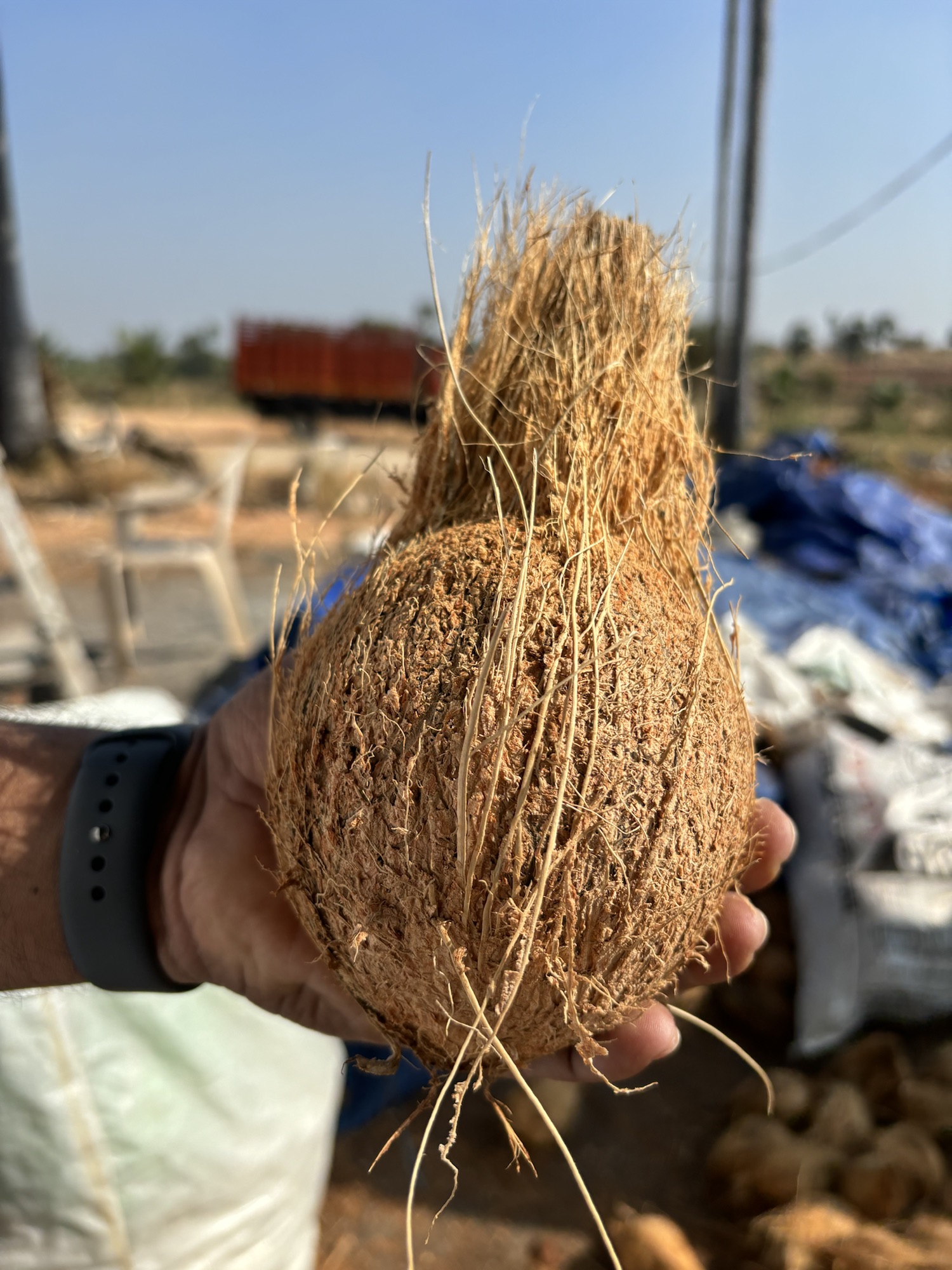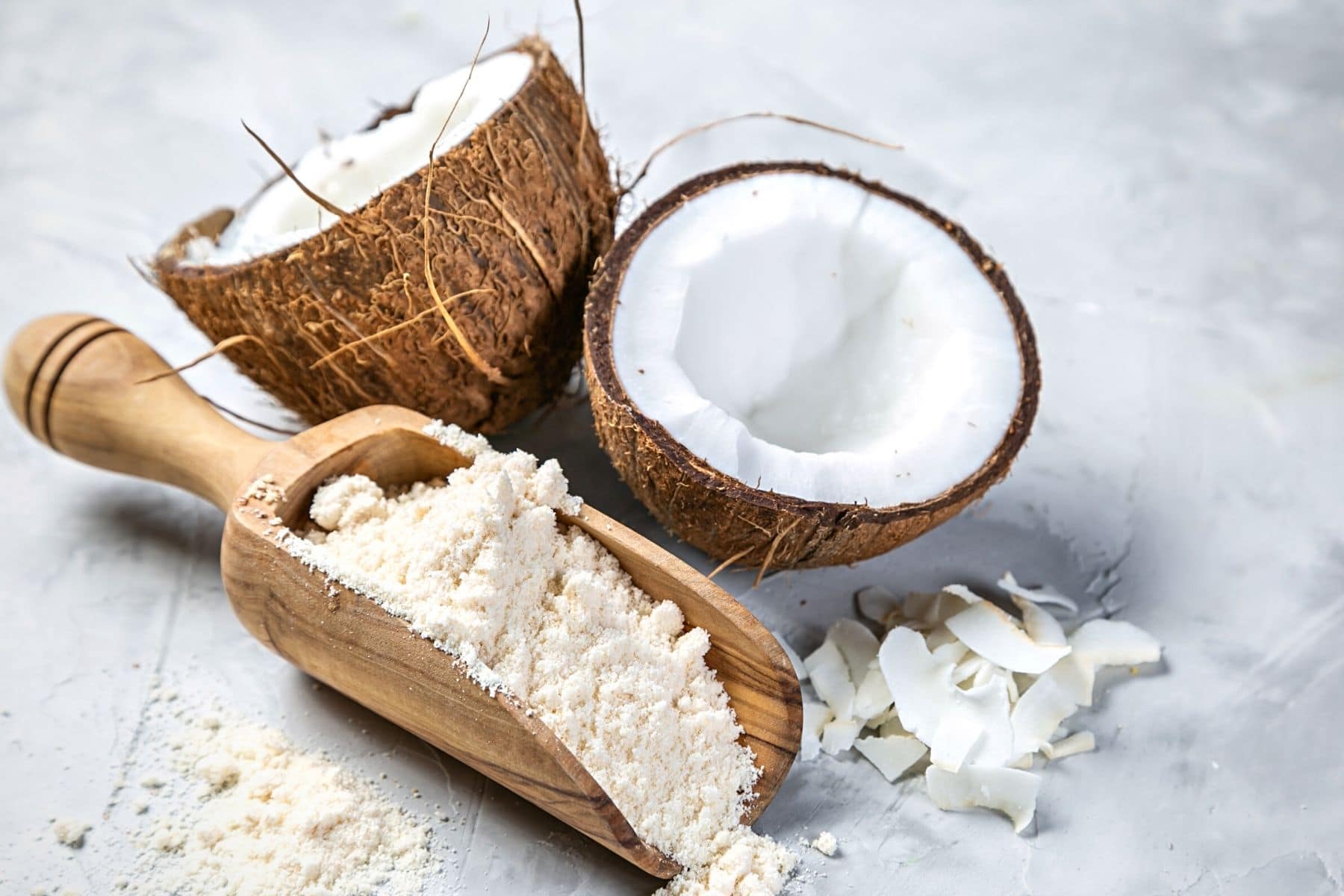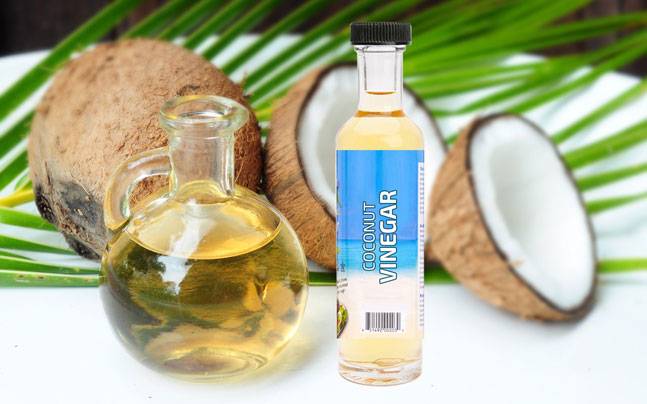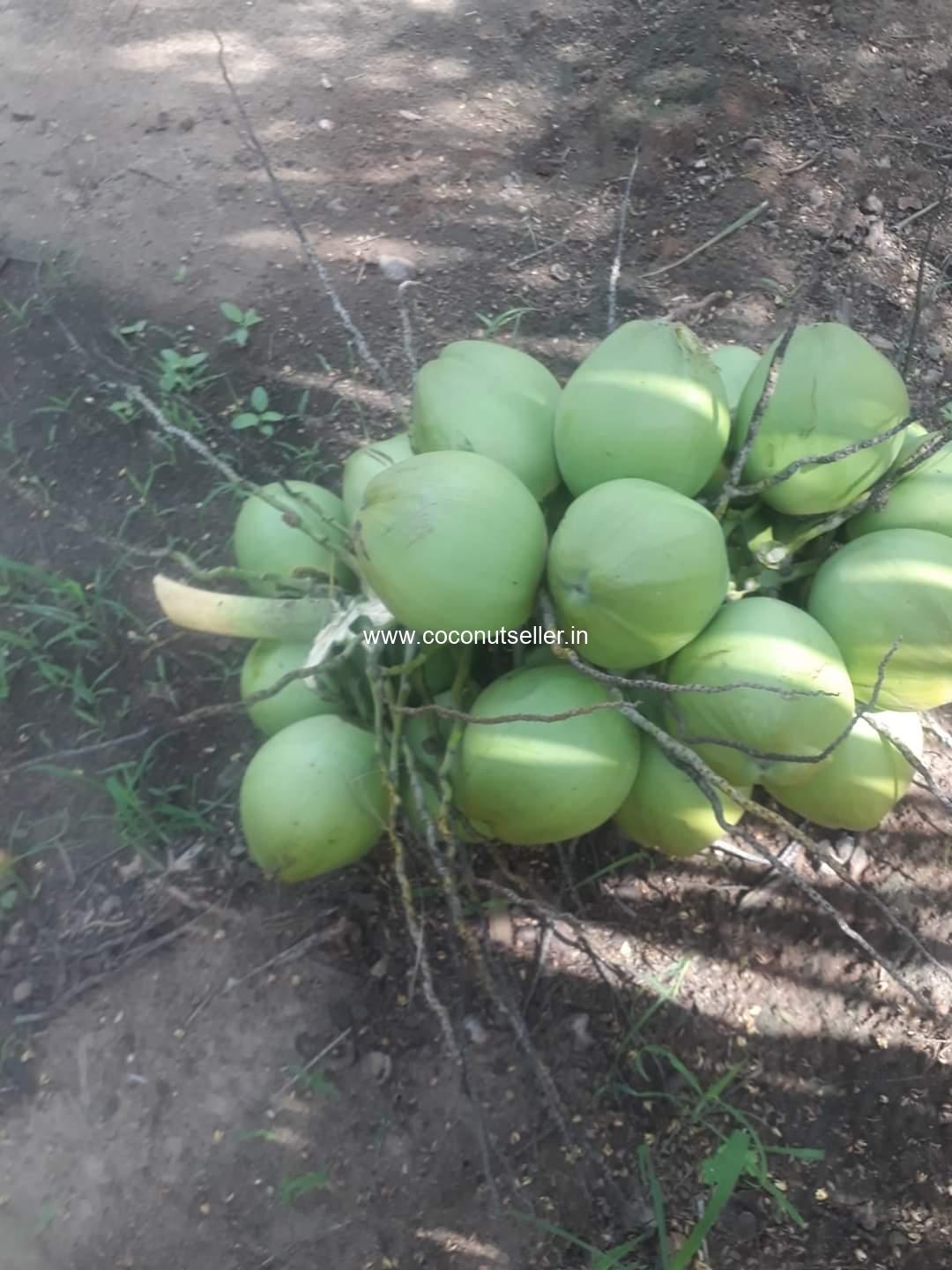
Importing fresh coconuts into the United States involves several formalities and regulations to ensure food safety and compliance with USDA (United States Department of Agriculture) and FDA (Food and Drug Administration) requirements. Here are some key points to consider:
- Phytosanitary Requirements: Fresh coconuts must meet phytosanitary standards set by the USDA’s Animal and Plant Health Inspection Service (APHIS). This ensures that the coconuts are free from pests and diseases that could harm U.S. agriculture.
- Documentation: Importers typically need to provide documentation such as a phytosanitary certificate issued by the exporting country’s agricultural authority. This certificate confirms that the coconuts meet the required standards.
- Inspection and Quarantine: Upon arrival in the U.S., shipments of fresh coconuts may be subject to inspection by APHIS officials to verify compliance with import requirements. Coconuts found to be non-compliant may be subject to quarantine, treatment, or even rejection.
- FDA Requirements: The FDA regulates imported food products, including fresh coconuts, to ensure they are safe for consumption. Importers may need to comply with FDA regulations regarding food labeling, hygiene practices, and food additives.
- Importer Responsibilities: Importers are responsible for understanding and complying with all relevant regulations, obtaining necessary permits and certificates, and ensuring that their shipments meet U.S. import requirements.
It’s important for importers to stay updated with current regulations and requirements as they can change over time. Working with a customs broker or consulting directly with USDA and FDA officials can help ensure a smooth import process for fresh coconuts into the United States.



